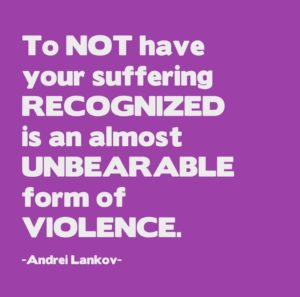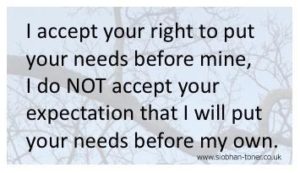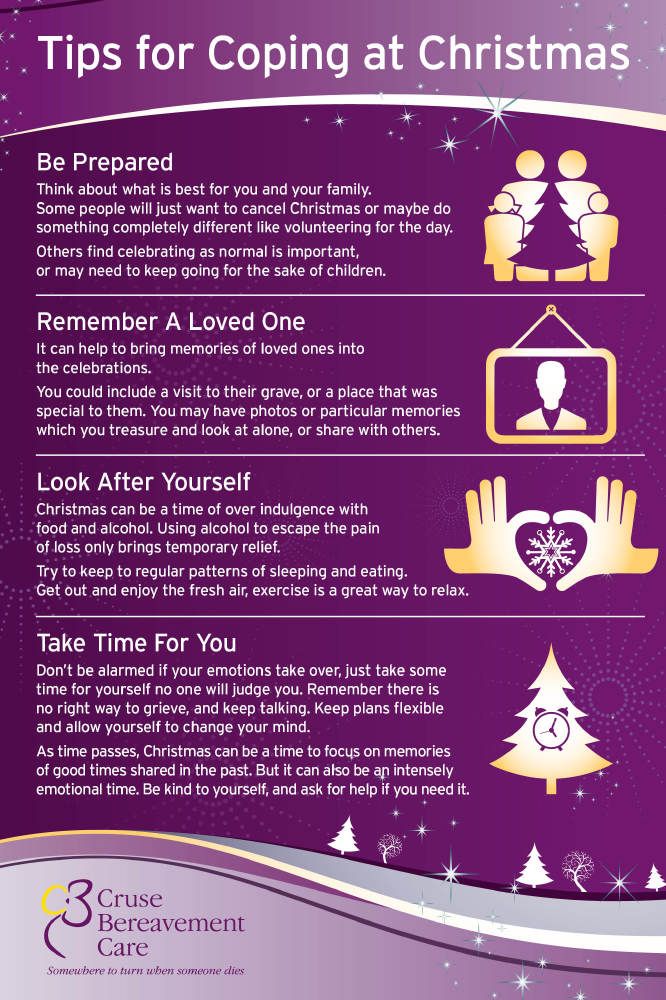On family estrangements
I know over the last week there’s been a lot of speculation and commentary over one particular celebrity family breakdown but as someone who has worked in this field for many years I wanted to give my perspective in general on what these are about. I won’t comment on the celebrities themselves.
- Never assume it’s easy for anyone being impacted.
- Never assume you know what someone’s reality has been like from watching it from outside the core family.
- Never assume people haven’t tried to fix things before they make a break.
- Never assume that people living in the same house have the same experience of people.
The reality is we don’t live other peoples lives and it’s incredibly difficult to fully understand what people are going through because we bring our own prejudice, biases, innocence and naivety into our perspectives.
Sometimes abusive behaviour is overt. I mean that the abuser knows they are being abusive and there is an element where they want to hurt someone in what they do. These people are usually very skilful at hiding that behaviour from everyone else because they have developed a very good mask to show to other people.
The person that they abuse is often disbelieved if they tell their version of event because of the way a skilful abuser has created and crafted a story. This can often include setting up the abused family member as a scapegoat.
- They are the problem.
- They are the one who makes it difficult.
- They are the one who we try to help and doesn’t appreciate things, et cetera.
- They are ungrateful.
- They don’t understand I did what I did for their own good.
- They are the one who then isn’t believed when they try to speak out if they ever do speak out.
Part of that abuse can be that they actually end up believing the story that’s been crafted about them and it can take a lifetime to realise that it was false.
In other instances the abuser is not aware that their behaviour is abusive. That their behaviour is causing harm to another person.
This can be for many reasons but often it’s a lack of emotional maturity, the ability to emotionally regulate and maybe they have been raised themselves in a emotionally abusive household so they do not understand what is appropriate.
I think back to the tales of stage mothers as shown in films from the 1930’s, 40’s and 50s. These are mothers usually raised in poverty who want more for their children and push them to work from a really young age and dedicate everything to making their child stars and make money but at what cost?
There’s a lot of films and literature about that system in Hollywood and now it’s acknowledged how abusive it was and how harmful. Those mothers I think in many ways were motivated by their own trauma. They wanted more for their children and then through them more for themselves.
Parents who overshare with their children from a young age and treat them as a confidant can also cause a lot of harm. There children become the support system for the parent and their own needs and support gets neglected.
Absent parents through economic poverty and necessity can also leave a legacy of harm to children. Parents who are never there for their child because they’re working all the time to provide some stability think they’re doing the right thing. However we do know that children need connection with their primary carers to feel emotionally safe and secure and to learn from them.
They learn how to regulate emotions, learn trust, confidence and to know they are loved. When work takes so much time and energy, even when it’s coming from trying to provide for them, that child may feel unloved, unsafe, unconnected, and ultimately that can also become a form of emotional neglect.
Emotional neglect is one of the most unseen forms of child abuse. Its legacy can be lifelong and hidden, even in the one who experienced it. It can shape and influence all their life choices.
Sadly, if they ever do come to understand what was happening and work on healing themselves it also often gets dismissed and even mocked by those who they share their story with later in life.
These types of examples can lead to different insecure attachment styles which I will cover separately.



